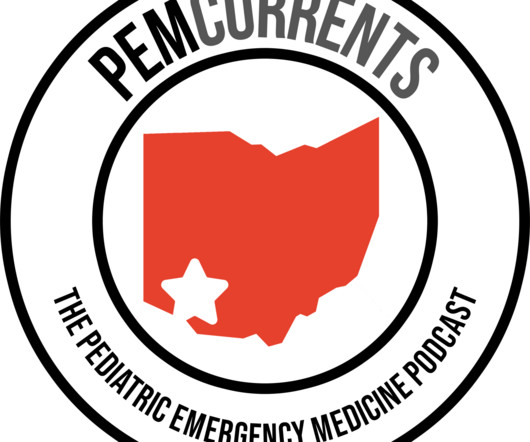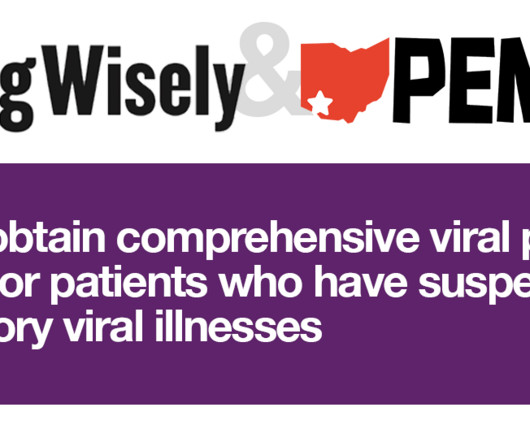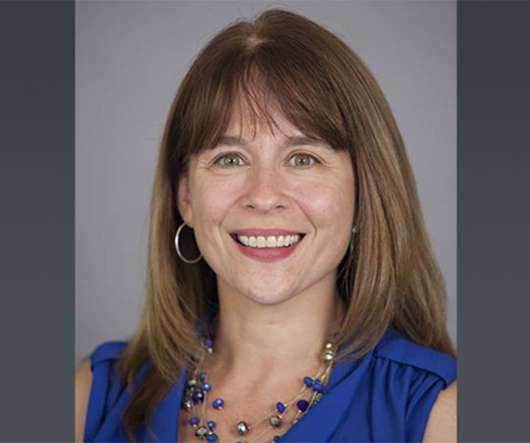You don’t need X-Rays in a child with bronchiolitis, croup, asthma, or first time wheezing
PEMBlog
AUGUST 30, 2023
As many as 40% of these children will receive a chest x-ray (CXR) during their ED visit despite clinical guidelines advising most of these tests are low value. But it’s just a CXR right?












Let's personalize your content